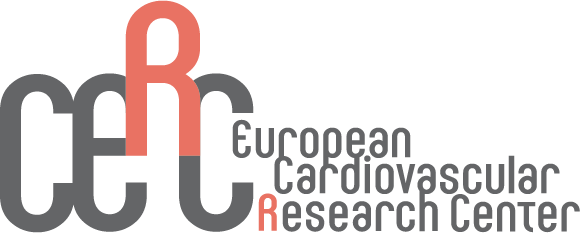TAVI-1
Brief summary
The study title: The TAVI-1 Study: Safety and Performance Study of the Optimum Transcatheter Aortic Valve- First-in-human study to assess feasibility and safety of the Optimum Aortic Valve Implant.
The study design: Prospective, non-randomized, single arm, single-center first-in-man, safety and device success study. The recruitment target is 5 patients. The Optimum Transcatheter Aortic Valve (Optimum TAV) System is intended for patients with severe aortic stenosis deemed high-risk or inoperable for Surgical Aortic Valve Replacement (SAVR). The study is in the study start up phase (only submitted to BfArM, who has some questions).
Primary endpoints
Primary Performance Endpoint:
Device Success, defined as
– Absence of procedural mortality AND
– Correct positioning of a single Optimum TAV into the proper anatomical location AND
– Intended performance of the Optimum TAV (no prosthesis-to-patient mismatch, mean aortic valve gradient < 20 mmHg or peak aortic valve velocity < 3 m/sec, AND no moderate or severe prosthetic valve regurgitation).
Primary Safety Endpoint
All-cause mortality at 30 days.
CERC Services
Full services (Documents preparation (Protocol, IB, ICF, CRF paper, study plans), regulatory submissions (EC and CA), TMF creation and maintenance, contract negociation with site, study conduct (SIV, SMV, COV), project management, CEC, Core lab, SAE reporting activity, final clinical report, statistics).
Countries
Germany
Center number
- 1 site in Germany
